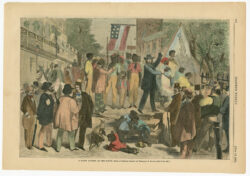History
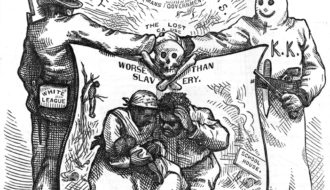
Coushatta Massacre
The 1873 Coushatta Massacre resulted from both anger about Reconstruction policies and the presence of carpetbaggers in the state.

The 1873 Coushatta Massacre resulted from both anger about Reconstruction policies and the presence of carpetbaggers in the state.
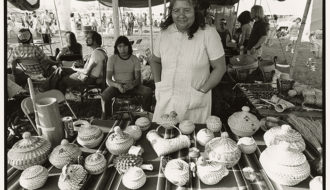
The Coushatta Tribe of Louisiana is the largest of four federally recognized tribal governments in Louisiana.
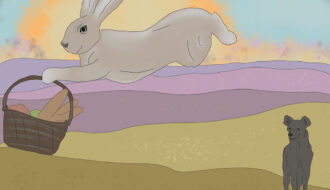
Many Louisiana Creole folktales represent a convergence of African and European culture.
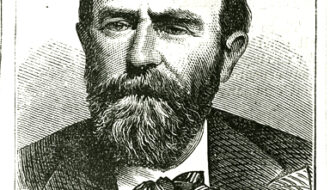
With the 1876 Cruikshank Case decision, the US Supreme Court restricted rights protected under the Thirteenth, Fourteenth, and Fifteenth Amendments.

For one hundred forty years, D. H. Holmes served as a shopping destination for generations of New Orleanians, growing from a small dry goods shop to an enormous consumer emporium.
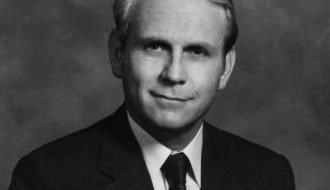
Dave Treen served as governor of Louisiana from 1980 to 1984, losing his bid for a second term to Edwin Edwards in 1983.
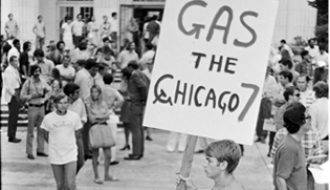
David Duke is a polarizing, outspoken advocate of white supremacy whose political campaigns in the 1980s and early 1990s put a modern-day face on the image of racism in the United States.
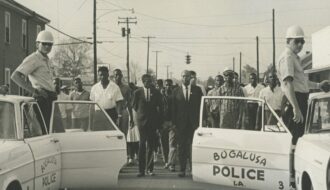
Founded in Jonesboro in 1964, the Deacons for Defense and Justice (DDJ) was a Black self-defense organization that protected local civil rights activists.
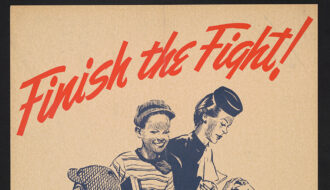
Delphine Dupuy was a civil rights activist in Baton Rouge who was one of the founding members of the Baton Rouge branch of the National Association for the Advancement of Colored People (NAACP) in 1929.
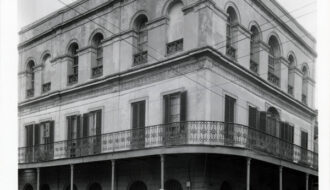
Delphine Macarty Lalaurie, of antebellum New Orleans, was notorious for the cruel treatment the people she enslaved.
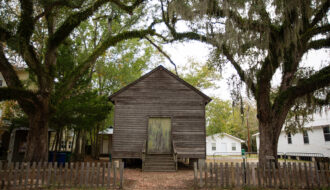
A rural jazz hall in the early twentieth century, the Dew Drop Social & Benevolent Jazz Hall experienced a revival in the early twenty-first century.
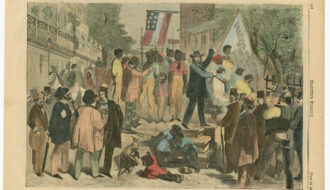
The domestic slave trade, central to the economic growth of Louisiana, destroyed enslaved people’s families, wreaked havoc in their communities, and killed many, despite their attempts to resist.
One-Year Subscription (4 issues) : $25.00
Two-Year Subscription (8 issues) : $40.00
